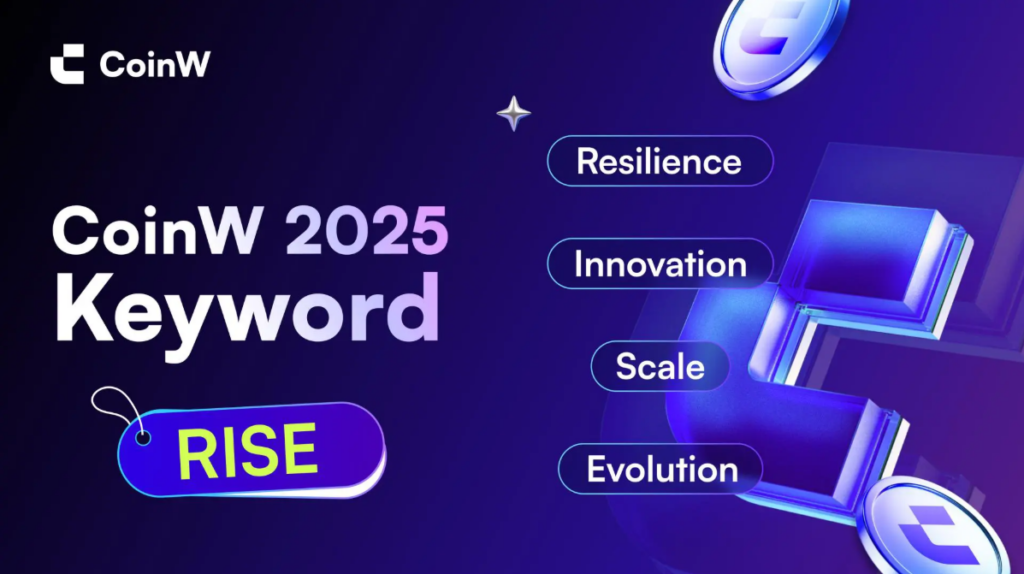Vitalik Buterin, co-founder of Ethereum, recently shared insights about the platform’s upcoming developments, particularly a phase known as “The Surge.”
This initiative aims to significantly enhance Ethereum’s transaction capabilities, targeting an impressive 100,000 transactions per second (TPS). To achieve this, the team is focusing on innovative technologies such as rollups, sharding, and Layer-2 (L2) solutions, all while keeping the platform decentralized.
Buterin highlighted the pivotal role of rollups, which allow transactions to be processed off-chain but still secure by summarizing them on-chain. He sees rollups as essential for Ethereum’s immediate scaling efforts. Additionally, L2 solutions are recognized for their potential to boost efficiency without sacrificing the platform’s decentralized nature.
Maintaining decentralization is crucial, especially within the staking ecosystem. Buterin raised concerns about the dangers posed by large staking pools that could centralize control and undermine Ethereum’s integrity.
To combat this, he introduced the concept of Distributed Validator Technology (DVT), which enables multiple users to collaboratively manage parts of a validator node, thereby enhancing security and reducing centralization risks.
Another key point Buterin made is the importance of keeping node operation accessible to everyday users. He believes that as Ethereum expands, it’s vital to keep hardware and bandwidth requirements manageable, ensuring that more people can participate in running their own nodes, which aligns with Ethereum’s core principle of decentralization.
Buterin also discussed the need for better governance as the network grows. He acknowledged that Ethereum’s decentralized governance model faces challenges in being both inclusive and efficient. To address this, he suggested that the platform might benefit from more structured decision-making processes and new protocols for implementing changes.



